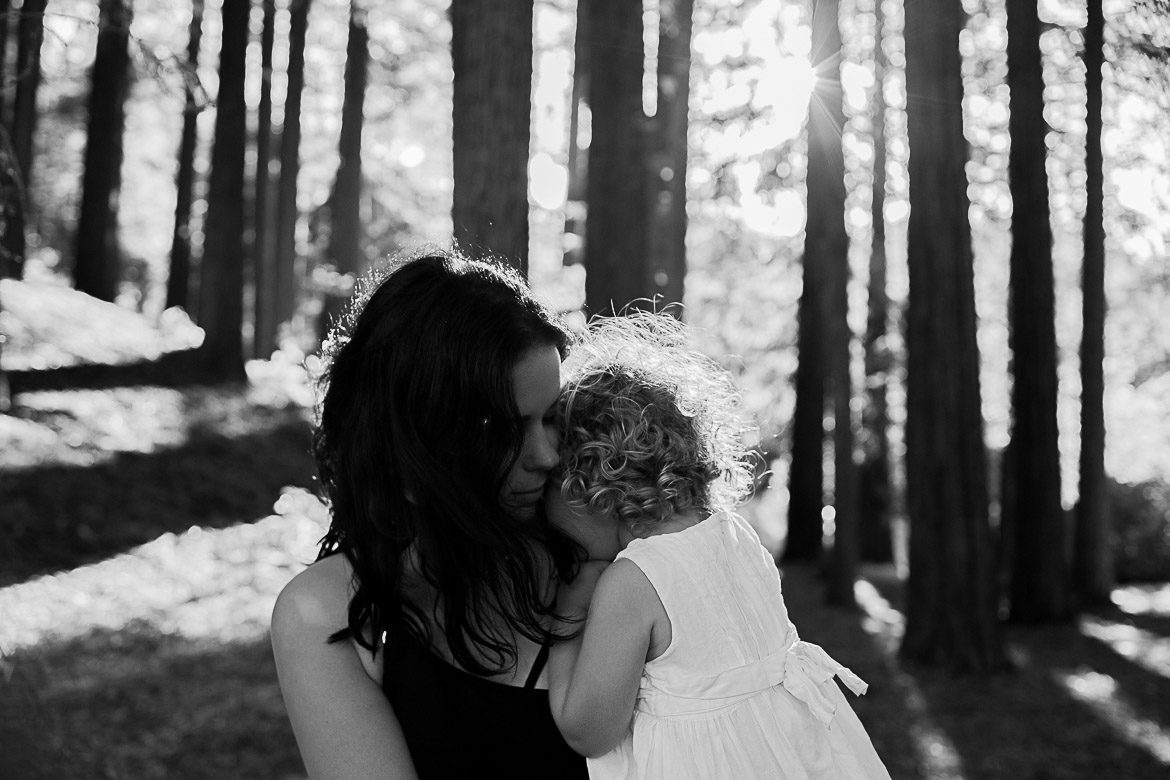By Dr Laura Markham
“After hearing you speak, I decided never to yell at my kids again. I want to be a good role model. But only 24 hours later, I completely lost it and found myself screaming like a crazy woman.”
Are you noticing how hard it is to regulate your own emotions? Join the club! So for all of us today, a reminder about losing it.
We don’t have to be perfect parents. Really. We just have to seize those opportunities to realize when we’re off-course, and find ways to start moving in the right direction.
If when you lose it, you use it — meaning you set a clear intention to make some changes, and use the incident as your motivation to follow through — then losing it will have been worth it, as a spur to get yourself back on track.
Children are resilient, and they don’t need perfection from parents. What they do need is a parent who models how to take responsibility and make repairs. A parent who apologizes and reconnects when things go wrong — as they inevitably do, in human relationships.
Children are resilient, and they don’t need perfection from parents. What they do need is a parent who models how to take responsibility and make repairs.
So let go of that heavy baggage of expecting yourself to be perfect. You never will be, but you’re more than enough, just the way you are. You’re only expected to keep growing. Parenting is a journey, not a destination.
So what should you do when you lose it? Choose love.
- Restore calm and safety. When our children get upset or act out, it often triggers us into fight or flight, which is why we start acting like they’re the enemy. But they’re not the enemy, and it isn’t an emergency. So next time your child starts getting upset, that’s your red flag reminder to Stop, Drop (your agenda, just temporarily), and Breathe, so you have a choice about whether to get hijacked by your anger.
Take a deep breath. Switch gears emotionally by finding a more positive thought. Maybe: “This isn’t an emergency…He’s acting like a child because he is a child…She’s showing me she’s upset and needs my help.”
See next page for more…











